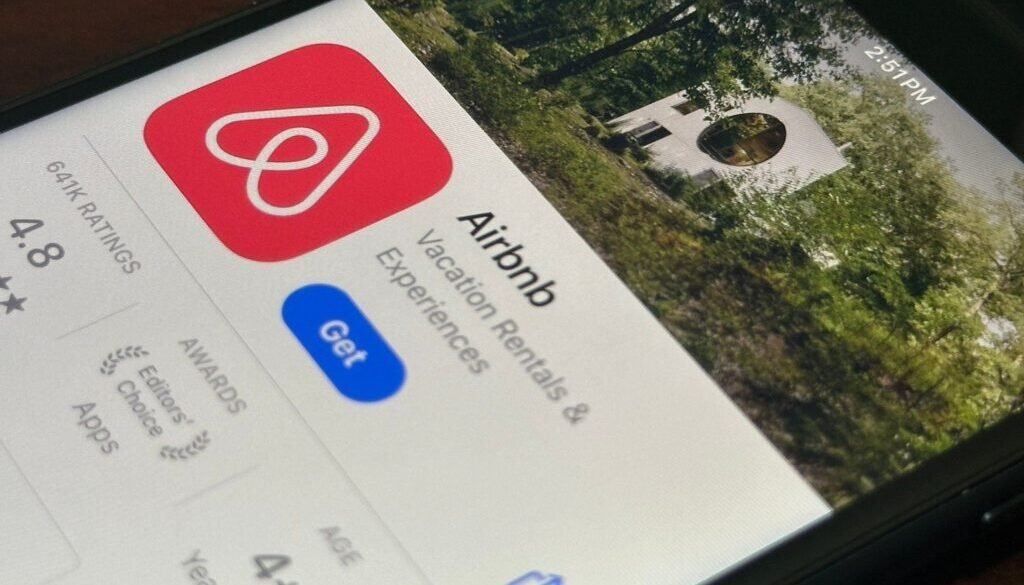Short-Term Rental Hosts in Ontario Face Tax Ruling: Key Implications
In a recent legal decision, an Ontario court ruled in favor of enforcing short-term rental tax laws, a verdict impacting many Ontario Airbnb hosts. This ruling underscores the increasing regulation surrounding short-term rentals in Ontario, with tax authorities asserting that rental income should comply with existing tax laws. For hosts, this case serves as a critical reminder of their tax obligations within the province’s evolving rental landscape.
If you’re in the habit of renting out your home on Airbnb or similar sites, brace yourself for a big tax bill when you decide to sell. A recent ruling from the Tax Court of Canada has made it clear that homeowners in Ontario who frequently offer their properties as short-term rentals will have to pay a 13% HST when they sell. This tax applies to any home that’s regularly rented out on platforms like Airbnb and Vrbo, including condos, townhouses, and single-family homes. When these homes are sold, the tax is calculated based on the entire sale price, which could mean homeowners facing taxes in the tens or even hundreds of thousands of dollars.
Typically, residential home sales don’t incur HST, so this ruling is especially significant for those with investment properties. According to Ontario law firm Pallett Valo LLP, “This decision underscores the importance for property owners to think carefully about how changing property use can impact taxes.” The court pointed out that homes primarily used for short-term rentals—like those listed on Airbnb—may not qualify for residential exemptions and could therefore be hit with HST.
This ruling came from a case involving an Ottawa condo owner who switched his property from long-term leases to short-term rentals via Airbnb. Between 2008 and 2017, he rented his condo long-term but then opted for short stays in 2017 and 2018. He earned $11,200 in 2017 and $43,179 in 2018 before selling the condo in April 2018 while it was still listed as a short-term rental on Airbnb without paying HST. After closing the sale, national revenue officials determined that his condo was subject to a whopping $77,079.64 HST because it had transitioned from residential use to commercial use.
This sets an important precedent: long-term rentals are still seen as residential while short-term rentals fall into commercial territory. If he had converted his condo back into a regular residence before selling it, he likely wouldn’t have faced this tax hit at all! The court ruled that similar cases could also be taxed by the Canada Revenue Agency (CRA) following this decision.
An appeal against this ruling was thrown out in March since the court didn’t classify the condo as a residential complex at sale time; instead, they likened it to commercial lodging like hotels or motels—all subject to HST charges! This outcome aligns with CRA guidelines regarding GST/HST when selling vacation properties. Meanwhile, provinces like B.C. are tightening regulations around short-term rentals; just recently they announced measures aimed at returning many homes back into long-term rental markets.
